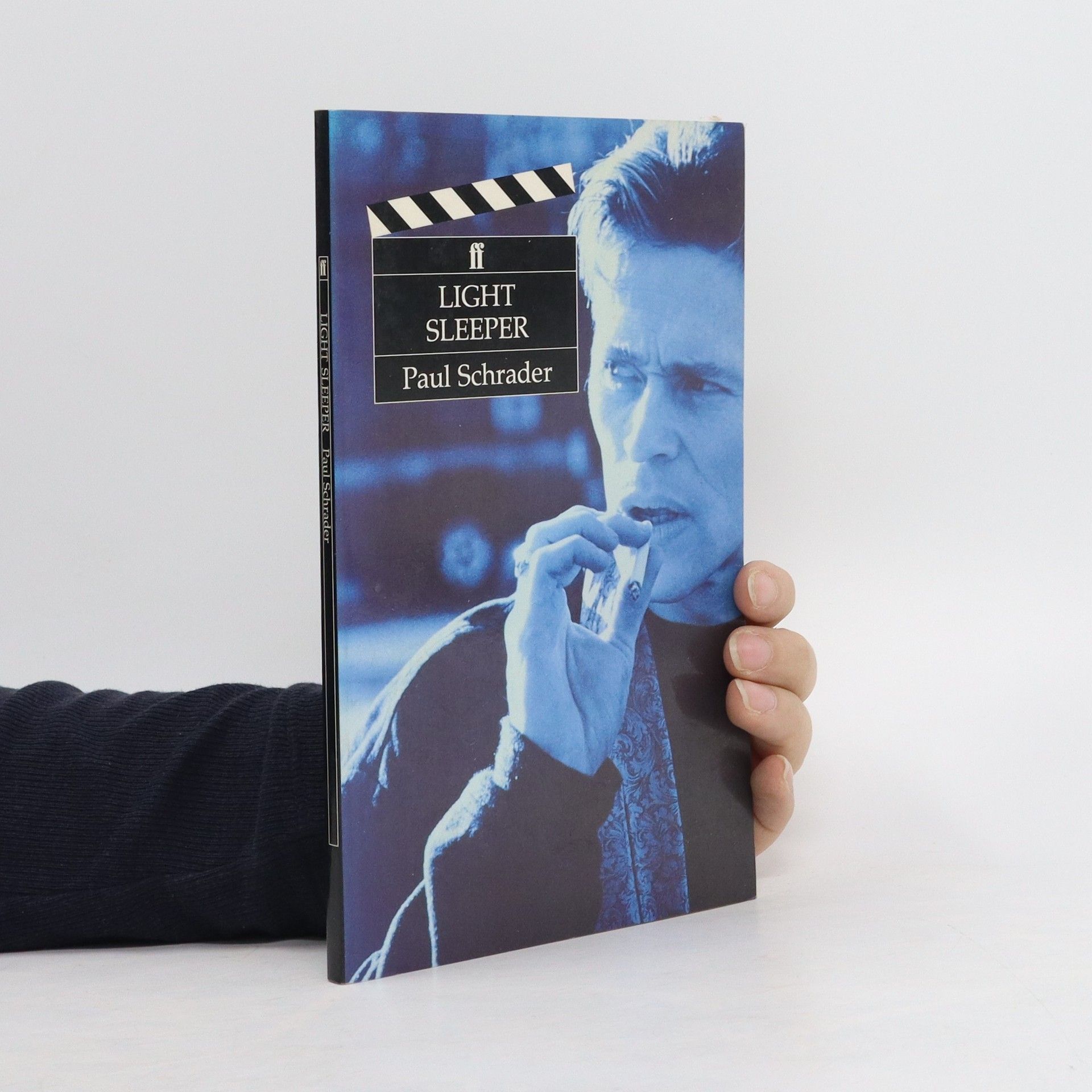First Reformed
- 120 pages
- 5 hours of reading
Called “an ecstatic, arc-bright wonder and terror” by The New Yorker, this major work of art now receives a first printing, featuring a brilliant introductory essay by Masha Tupitsyn. This Academy Award-nominated screenplay is one of the greatest and most urgent in Paul Schrader’s long and decorated career. Called a “portrait of a soul in torment, all the more powerful for being so rigorously conceived and meticulously executed” in the New York Times, First Reformed follows the Rev. Ernst Toller as his crisis of faith coincides with a recognition of looming environmental catastrophe. It is an uncompromising work that seamlessly synthesizes a tribute to Bresson with a profound, existential meditation on the everexpanding devastation that humanity is spreading over the natural world. The crowning late period achievement for an undisputed legend of screenwriting, this is both a master class in concision, depth and emotional range, and a continually relevant work of activist import.




